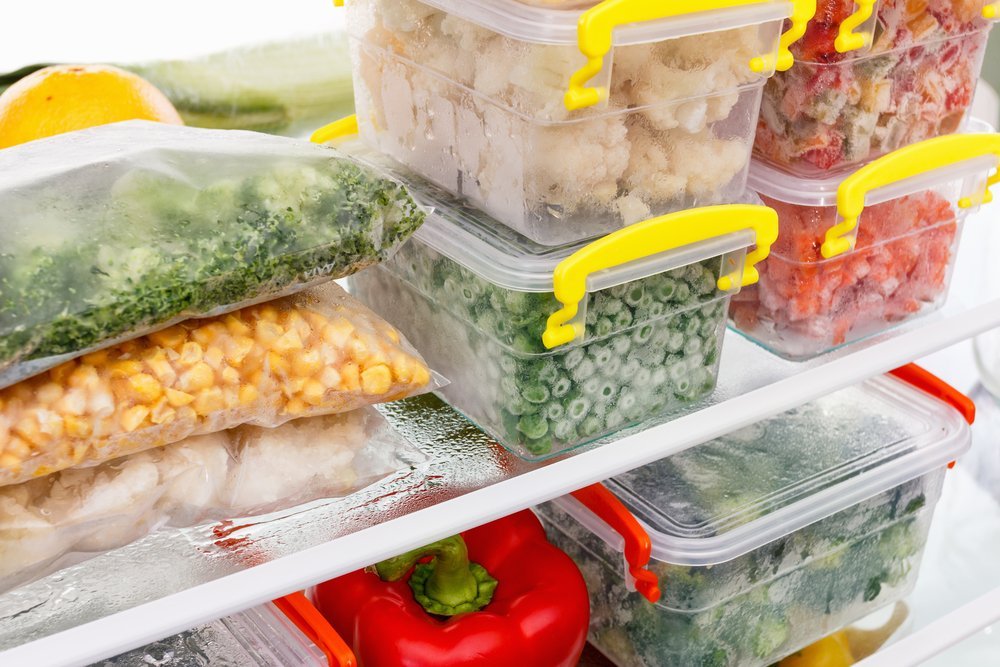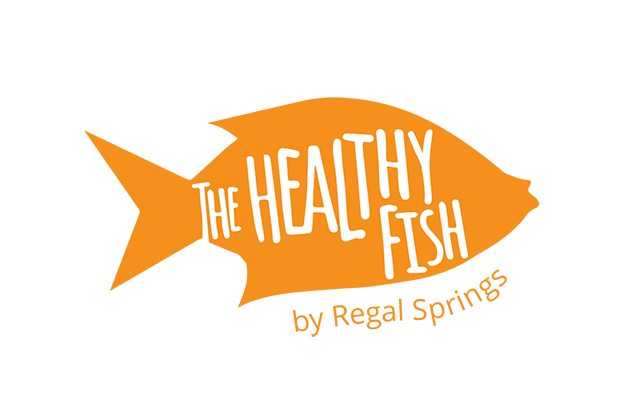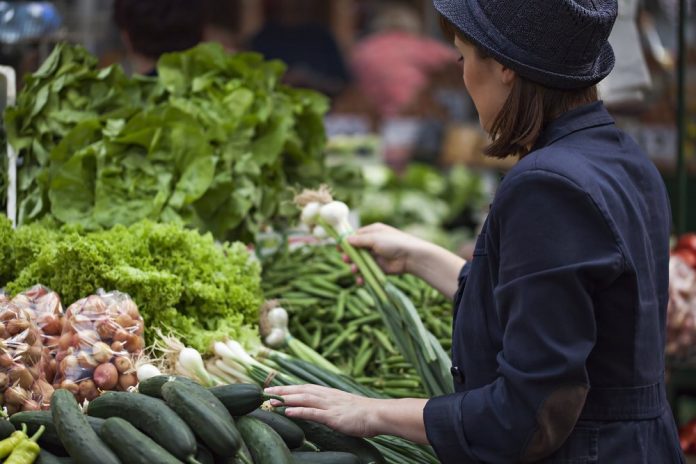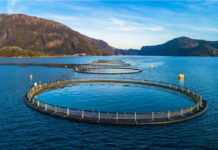April 22 is Earth Day. Since 1970, the Earth Day Network has worked with more than 50,000 partners in 196 countries to educate, influence public policy and raise awareness about environmental issues. However, while April 22 is a great day to celebrate the planet, it’s even more important to consider what you do the other 364 days of the year. Here are four easy ways you can reduce your environmental impact.
1. Limit Food Waste

Did you know that the average person throws out 40% of their food? According to the National Resources Defense Council (NRDC) the most-commonly discarded items are fruits, veggies, bread and dairy. To avoid having to throw out food, consider making a few stops at the grocery store each week rather than doing one big shop. That way you will be more in touch with what’s in your fridge that needs to be used up. Meal planning can also help cut down on waste.
Be open to purchasing imperfect produce if it’s available in your area. Just because an orange or pepper isn’t perfectly symmetrical doesn’t mean it is nutritionally inferior. Imperfect fruits and vegetables are often thrown out by retailers, but opting for these items will help reduce waste and also result in cost savings—”ugly” produce is often less expensive.
2. Reduce Your Meat Intake

Given the amount of land, water and fertilizer used to raise animals for meat, reducing the amount of meat you eat can have big environmental impacts. But you don’t necessarily have to go vegan or even vegetarian to leave a smaller environmental footprint. Make a pact to try “Meatless Mondays“—you’ll be amazed at the variety of delicious and nutrient-rich recipes that don’t involve meat. Or, try to implement a Fish Friday or Seafood Sunday that features a sustainable seafood such as Regal Springs Tilapia. In addition to the environmental benefits, you may also reduce your chance of diseases such as cancer, type 2 diabetes and heart disease.
3. Grow a Row

Growing your own vegetables organically is a great goal most people can achieve. Not only will you enjoy tastier produce that stays fresh until you need it, you will also help reduce your food’s environmental impact, such as the emissions from shipping vegetables to market. The amount of space you have will inform what you can grow, but even if you are in an apartment you should be able to cultivate salad greens and/or herbs with window box planting.
If you have room for pots, you may want to explore a salsa container garden or growing potatoes. And if you are lucky enough to have a yard, the sky’s the limit. Easy-to-grow favorites for new gardeners include green beans, tomatoes and kale. Give it a try!
4. Curb Single-Use Plastic

Each year more than 300 million tons of plastic are produced around the world. And unless it is burned, every piece will exist on our planet forever, building up in our oceans, our land, our food chain and in our own bodies. But it doesn’t need to be this way. Cutting down on plastic is easy with a little advance planning:
- Bring your own reusable cloth bags for groceries and produce and refuse disposable plastic bags
- Shop in local Farmers’ Markets where vendors will be more likely to let you pack goods you buy in your own containers
- Carry your own refillable bottle and refuse to purchase water in plastic bottles unless it is absolutely essential (such as when traveling in areas where water is not safe to drink)
- Consider alternatives for single use items that typically come in plastic, such as compostable bamboo cutlery instead of plastic forks and knives, or compostable cups instead of ubiquitous red plastic cups that end up in the trash
Being environmentally aware isn’t a once a year activity. Try incorporating these tips into your life and both you and the earth will benefit.
Feeling green? Read about six more easy ways you can help the environment.
Photo credits: zeljkodan / Shutterstock, BravissimoS / Shuttertstock, Elena Shashkina / Shutterstock, DementevaJulia / Shutterstock, spwidoff / Shutterstock






